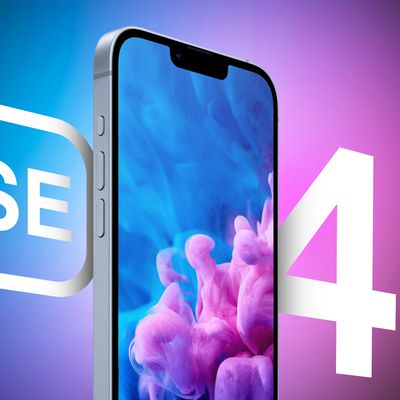The cellular capabilities of the Apple Watch Series 3 remain unavailable to new carrier plan subscribers in China, after having been "abruptly cut off...without explanation" just one week after the device's launch in September. A new report published today by The Wall Street Journal has looked into the LTE setbacks faced by the Apple Watch in the country, which is predicted to face ongoing issues over the next couple of months.
Originally, Apple Watch Series 3 models on launch were supported by the carrier China Unicom, but on September 28 -- almost one week after the September 22 launch -- Unicom cut off new LTE subscriptions for the device. Those who had signed up for a subscription prior to that date remain unaffected, but now anyone trying to sign up for LTE on their Apple Watch are unable to do so. Unicom said on its website that the feature had been available "on a trial basis" and didn't specify when it might resume.

But in China, the feature was abruptly cut off for new subscribers, without explanation, after a brief availability with one telecom company.
Industry analysts say the suspension likely stemmed from Chinese government security concerns to do with tracking users of the device, which uses different technology than standard mobile phones.
On the Apple Watch Series 3 cellular support site, all Chinese carriers -- China Mobile, China Telecom, and China Unicom -- now say "coming later this year." Previously, Unicom specified the following: "Cellular service available only for mobile lines opened in Guangdong, Henan, Hunan, Shanghai, and Tianjin." A few days after September 28, Apple updated the page with the new reference to support later in 2017.
Industry analysts cited "security concerns" likely raised by the government in China related to tracking wearers of Apple's device. Because the Apple Watch uses different technology than standard smartphones, China's strict regulation policies can't simply be outfitted for the new LTE product.
Specifically, analysts believe the problem lies in China's user identification system. When users purchase a smartphone in the country, they register for a SIM card under their real names with a network carrier. But, the Apple Watch contains a tiny embedded SIM card (eSIM), which is placed in the device by Apple, not carriers. Analysts believe this raises questions of "how carriers and regulators can track the device user's identity," because the eSIM "isn't mature enough yet in China."
The benefit of a device carrying an eSIM is that, with software, users can choose a telecom operator and a communications plan. But in China, that new system raises the question of how carriers and regulators can track the device user’s identity.
“The eSIM (system) isn’t mature enough yet in China,” one analyst said. “The government still needs to figure out how they can control the eSIM.”
Now, officials at China's Ministry of Industry and Information Technology are said to be studying how to resolve the issue before granting any broad cellular access to the Apple Watch. This process, according to analysts, "could take months."
The Apple Watch LTE roadblock is the latest problem faced by Apple in China, after last year facing the shutdown of the iBooks and iTunes stores due to the release of a controversial independent movie. Over the summer, Apple then removed the majority of VPN apps from the App Store in China, following regulations passed earlier in the year that require such apps to be authorized by the Chinese government.
























